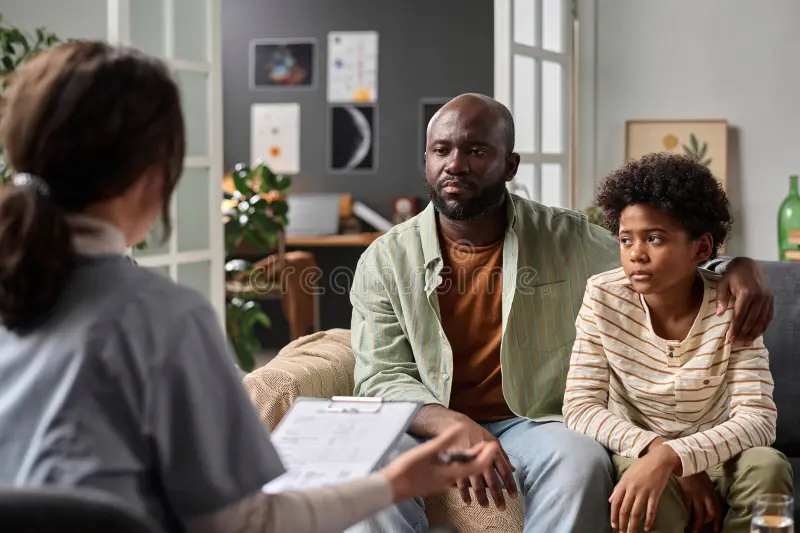24/7 Helpline:
(866) 899-221924/7 Helpline:
(866) 899-2219
Learn more about OCD Treatment centers in Boone County

Other Insurance Options

Magellan Health

Self-pay options

Molina Healthcare

CareSource

Health Net

Providence

Medical Mutual of Ohio

Humana

BlueShield

UnitedHealth Group

State Farm

Oxford

Magellan

Optum

Ambetter

Access to Recovery (ATR) Voucher

Evernorth

Amerigroup

AllWell

BHS | Behavioral Health Systems















































